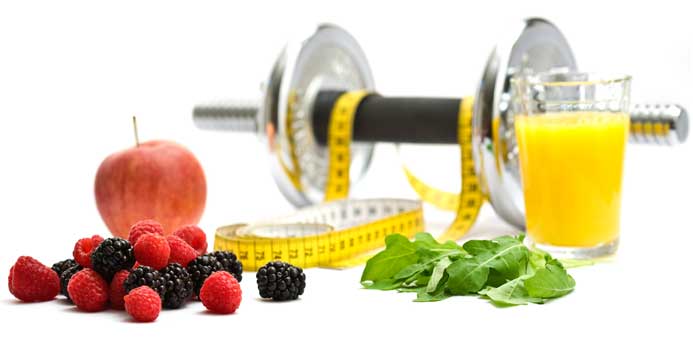Vitamin C is a water-soluble vitamin necessary for proper growth, development, and repair of the body. Vitamin C cannot be made by the body so it must be obtained through diet and/or supplements.
 Deficiency
Deficiency
 Other Considerations
Other Considerations
Function
Vitamin C is responsible for collagen synthesis which is found in connective tissue and helps with wound healing. Vitamin C also acts as an antioxidant and regenerator of other antioxidants within the body thereby protecting eye tissues, sperm proteins, and DNA. Additionally, vitamin C aids in the absorption of iron.
 Deficiency
DeficiencyInsufficient vitamin C can result in:
- Bruising or bleeding easily due to weakened collagen containing tissues (blood vessels, cartilage, etc.)
- Poor wound healing
- Slow recovery from infections
- Fatigue
- Depression
- Gum inflammation
- Smokers and those exposed to second hand smoke - smoking causes oxidation in the body and reduces the amount of vitamin C in the body. These individuals should aim to get 35 mg additional vitamin C a day.
- Those lacking variety in their diet - vitamin C can be found in many foods; however people who do not vary their diet such as alcohol or drug addicts, elderly, food faddists, mentally ill, and the impoverished may have difficulty obtaining adequate vitamin C.
- Individuals with certain health conditions - Intestinal malabsorption, cancer, and renal disease are just a few health conditions that may affect the way the body absorbs and/or uses vitamin C.
The recommended daily intake for vitamin C is:
- For men 19 and older: 90 mg/day
- For women 19 and older: 75 mg/day
Toxicity
Because vitamin C is a water -soluble vitamin, the kidneys will remove any extra that is not needed by the body. However, consuming large amounts of vitamin C, as little as 1,000 mg, may lead to:
- Nausea
- Diarrhea
- Cramps
- Other gastrointestinal issues
- Increased risk of kidney stones
Food Sources
Fruits and vegetables are the best sources for vitamin C. Rich sources include:
- Papaya - 1 = 313% of daily value
- Cauliflower - 1 cup raw = 86% of daily value
- Bell Peppers - 1 cup raw = 195% of daily value
- Broccoli - 1 cup raw = 135.5% of daily value
- Oranges -1 - 116% of daily value
- Kale - 1 cup cooked = 88% of daily value
 Other Considerations
Other ConsiderationsVitamin C is easily affected by air, water, and temperature. Freezing, thawing, blanching, and cooking can result in a significant loss of vitamin C. In order to receive all nutritional benefits from your diet, eat a variety of cooked and raw foods.
Mandy Seay is a bilingual registered and licensed dietitian who holds both a bachelor's degree in nutrition and in journalism. After gaining 30 pounds while living abroad, Mandy worked to lose the weight and regain her health. It was here that she discovered her passion for nutrition and went on to pursue a career as a dietitian. Mandy currently works as a nutrition consultant and freelance writer in Austin, Texas, where she specializes in diabetes, weight management and general and preventive nutrition. She recently published her first book, Your Best Health, a personalized program to losing weight and gaining a healthy lifestyle. Please visit Mandy's website at Nutritionistics.com.



